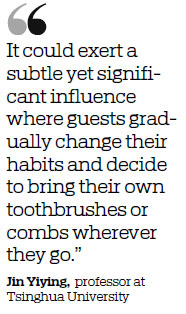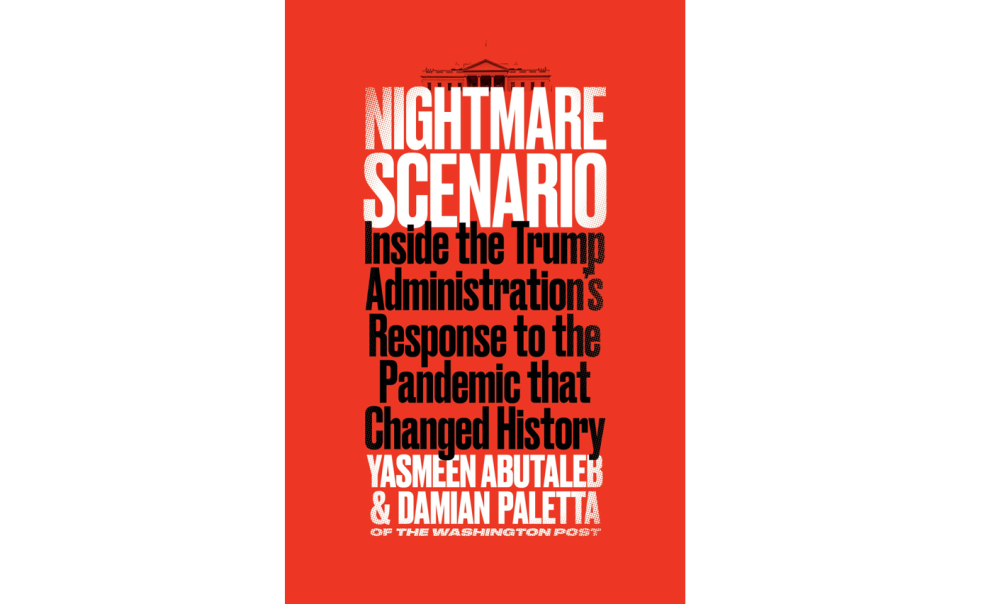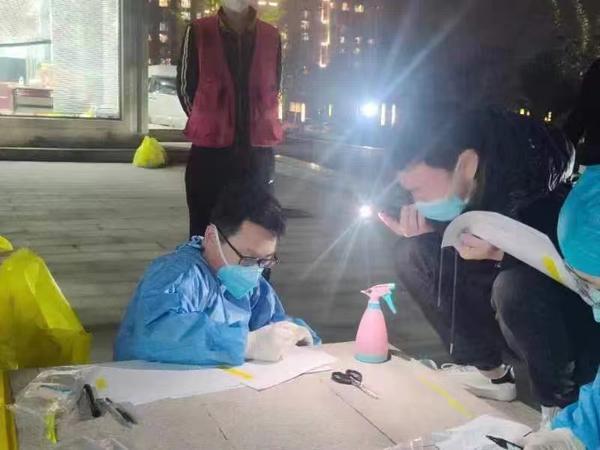In the annals of modern history, few events have wrought as much disruption and global unrest as the COVID-19 pandemic, officially named SARS-CoV-2 by the World Health Organization (WHO) in February 2020. This highly contagious respiratory illness has reshaped our daily lives, economies, and societal structures, posing an unprecedented challenge to public health, scientific research, and global cooperation. This article endeavors to provide a comprehensive overview of the COVID-19 outbreak, its impact on various aspects of society, and the measures taken worldwide to mitigate its spread.
The Origin and Early Outbreak
The COVID-19 pandemic originated in Wuhan, China, in late 2019. The first cases were reported in December 2019, with the virus gaining international attention when it was identified as a novel coronavirus by Chinese researchers in January 2020. Initial reports suggested human-to-human transmission, prompting the Chinese authorities to declare it a public health emergency of international concern on January 30, 2020. By this time, the virus had already spread to other countries, marking the beginning of a global health crisis.
Global Spread and Impact
The rapidity and scale of COVID-19's global spread were alarming. Within months, it became a pandemic, with cases confirmed in over 200 countries and territories. The virus's R0 (basic reproduction number), indicating its ability to spread, was estimated to be between 2.47 and 3.58, indicating that each infected person could potentially transmit the disease to 2.5 to 3.6 others without intervention. This high transmissibility coupled with weak early containment measures led to an exponential increase in cases worldwide.
The economic impact was profound. Governments introduced lockdowns, travel restrictions, and business closures to slow the spread of the virus, resulting in unprecedented levels of unemployment, supply chain disruptions, and a decline in global trade. The International Monetary Fund (IMF) estimated that the pandemic would cause the largest recession since the Great Depression, with many countries experiencing negative growth rates for multiple quarters.
The social and psychological effects were equally severe. Isolation and quarantine measures led to feelings of loneliness, anxiety, and depression among individuals worldwide. The loss of loved ones due to COVID-19 took a heavy toll on families and communities, while the stigma attached to those infected or recovered from the disease led to social isolation and mental health challenges.
Scientific Response and Vaccine Development
In response to the pandemic, scientists around the world mobilized rapidly, sharing genomic sequences of the virus to facilitate research and development efforts. This open access to information played a crucial role in expediting vaccine development by allowing researchers to work on potential treatments and vaccines simultaneously in different parts of the world.
The race for a vaccine was intense, with multiple candidates entering clinical trials by early 2020. By December 2020, several vaccines had received emergency use authorization from regulatory bodies, including the WHO's Emergency Use Listing (EUL). These vaccines, developed by companies such as Pfizer-BioNTech, Moderna, Oxford-AstraZeneca, and others, were deployed globally under strict safety protocols. Vaccine distribution was met with challenges, including logistical hurdles, hesitancy among certain populations, and inequitable access between countries.
Public Health Measures and Prevention Strategies
To mitigate the spread of COVID-19, public health authorities recommended a set of non-pharmaceutical interventions (NPIs) that included wearing masks in public spaces, maintaining physical distancing, regular hand washing, avoiding large gatherings, and implementing thorough sanitation measures. These measures proved effective in slowing down transmission rates in many countries but required sustained adherence from the public.
Digital tools also played a pivotal role in tracking the pandemic's progression and facilitating communication between governments and citizens. Apps like COVID-19 tracing apps were developed to alert users if they had been in close proximity with someone who tested positive for the virus. Digital platforms also facilitated vaccination registration and monitoring of vaccine rollout programs.
Global Cooperation and Challenges
The COVID-19 pandemic underscored the importance of global cooperation and solidarity in addressing public health emergencies. The WHO coordinated efforts among member states, sharing information on best practices, coordinating vaccine distribution through COVAX, and advocating for equitable access to vaccines worldwide. However, challenges persisted due to varying levels of preparedness among nations, differences in health systems' resilience, and political willpower. Some countries faced stigma from their peers due to initial handling of the crisis or slow vaccine rollout plans.
Lessons Learned and Future Prospects
The COVID-19 pandemic has taught us several lessons that will shape our responses to future health crises: the importance of early detection and transparency in sharing information; the need for robust healthcare systems capable of handling surges in cases; the value of global cooperation and solidarity; and the role of science and technology in mitigating the impact of infectious diseases. It has also highlighted the need for preparedness planning at both national and international levels, including stockpiling essential medical supplies and developing contingency plans for future pandemics.
As we navigate through this new era of post-pandemic living, it is crucial to continue investing in public health infrastructure, promoting digital literacy for better health outcomes
转载请注明来自爬爬百科,本文标题:《疫情中的航行,COVID-19疫情全面概述》












 京ICP备11000001号
京ICP备11000001号
发表评论